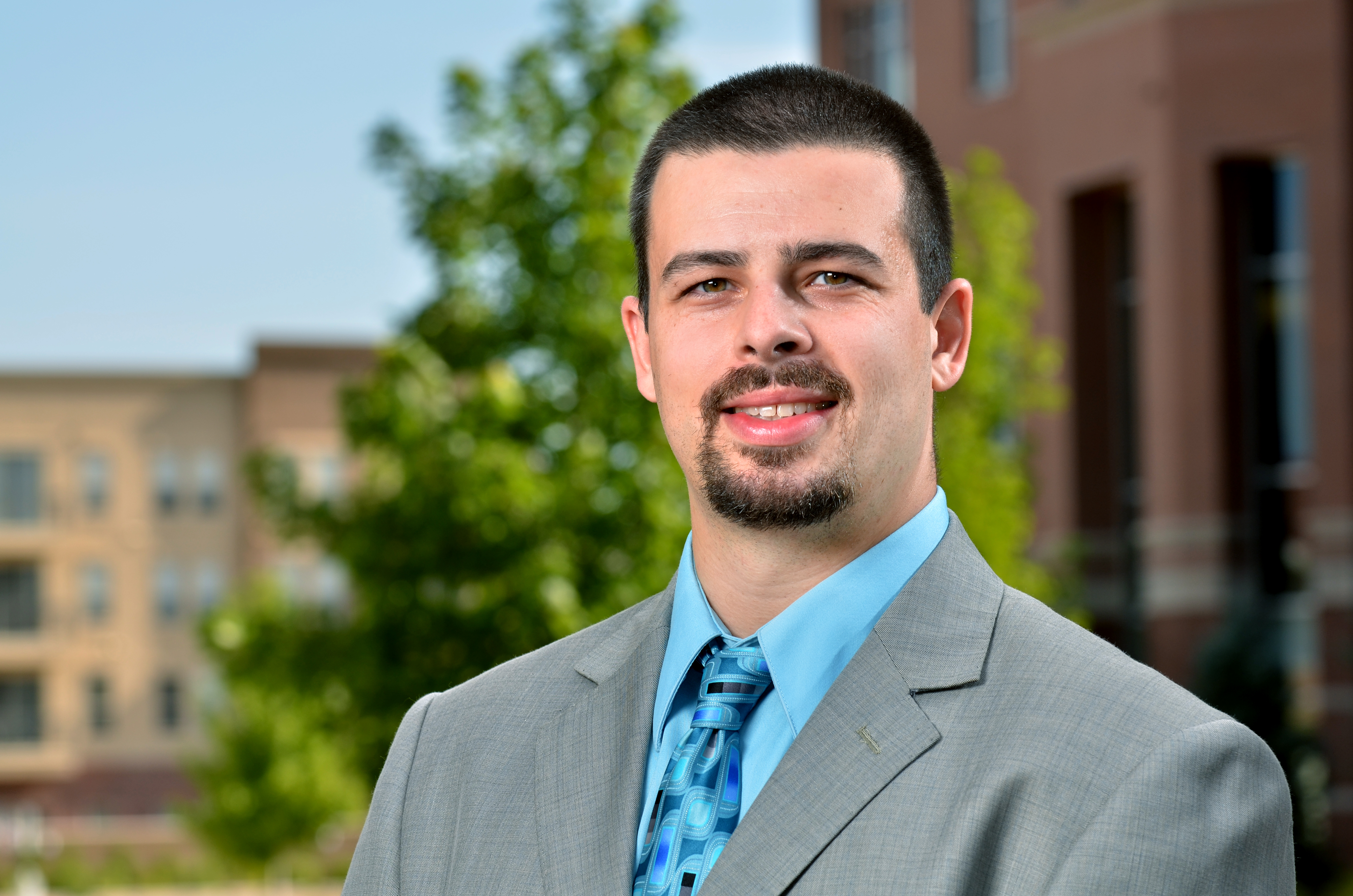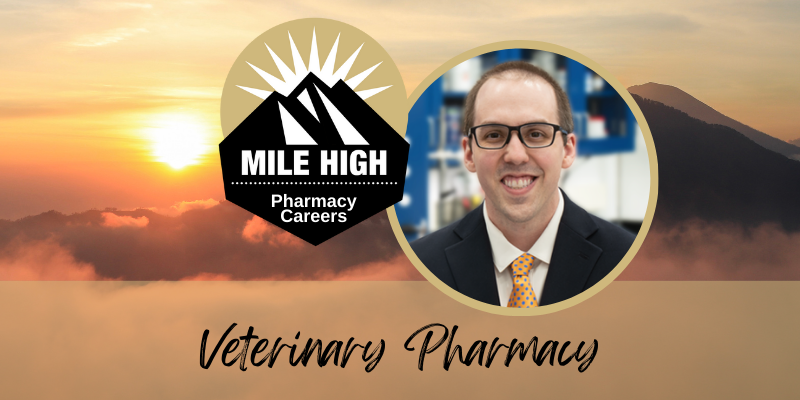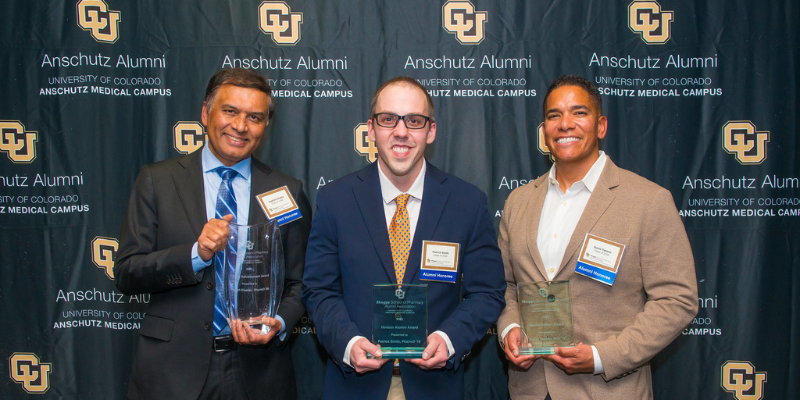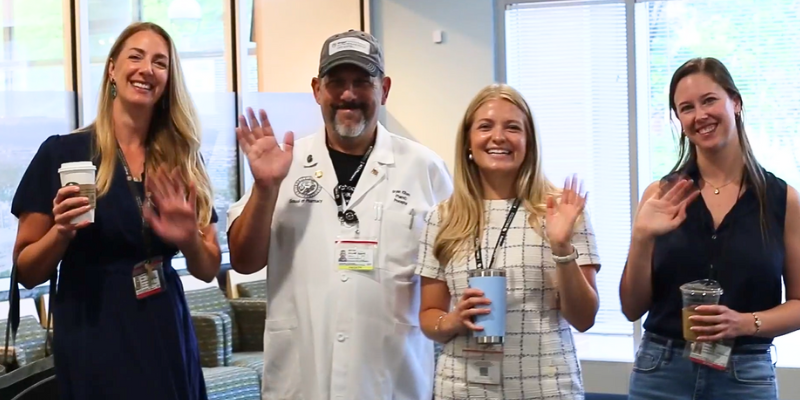By Norm Fenn, PharmD, Class of 2014
Now that I've been out of pharmacy school for about a year, I can reflect on the education I received at CU and feel strongly that the quality of education I received was extraordinary and absolutely prepared me for residency.
Life as a resident is certainly busy, hectic, and definitely flies by without realizing it. As I’m writing this, I’m hearing about all the great places that colleagues have matched to and how exciting a time it can be for many, thinking about what the future holds and how each of us is going to make a positive impact on our patients. Throughout my residency, I have strived to improve on current processes to optimize patient care, present pharmacy services in a positive way, and work cohesively with the healthcare team. Whether it’s drafting or revising policies, meeting one-on-one with a patient’s family, or implementing new services, I know that I make an impact as a resident.
I started my PGY-1 pharmacy practice residency at Children’s National Medical Center in Washington, DC at the beginning of July, 2014. During orientation, I got to meet my co-residents, many of the pharmacy staff and tried to get oriented to a new system as quickly as possible. My first rotation was in administration and barely a week in, I was going to meetings with the Director of Pharmacy and meeting many of the VPs and the CEO. From there, my clinical rotations progressed through the cardiac and pediatric ICUs, general medicine, BMT and many more.
What kind of responsibilities do I have? I’m expected to round on patients daily, managing up to fifty patients at a time. I generally gain more independence as I progress through each rotation, although sometimes I am the only pharmacist on the unit. I also have my main residency project, a drug monograph, a medication use evaluation, and a drug class review, which are all presented at P&T. I attend daily, weekly, and monthly meetings. My days start early and run long, but the training and knowledge I’ve had is and will continue to pay off as I progress through the program.
What advice do I have for students considering residency?
- Residency is a great way to augment your clinical knowledge while getting your feet wet as a new practitioner. I’ve been mentored throughout by patient and understanding preceptors who ensure I’m providing the best service to my patients and the healthcare team.
- Figure out exactly what you want to get out of your residency. If you’re interested in pediatrics, the VA is likely not the type of program you want, but a free-standing pediatric facility or an adult program with a pediatric rotation may help you in your career path.
- Prepare early! I got some great advice from past students and residents about getting my CV started first year (or as early as possible). I also reviewed some residency programs early on by attending the Midyear showcase as a 3rd year and going around with some 4th year colleagues. This way I got to observe the interactions, learn about a few programs and prepare for my turn the next year.
I have really enjoyed my experience here and am currently interviewing for a fellowship and also scrambling for a PGY-2 slot. Stay tuned to see what transpires.
Go Buffs!



